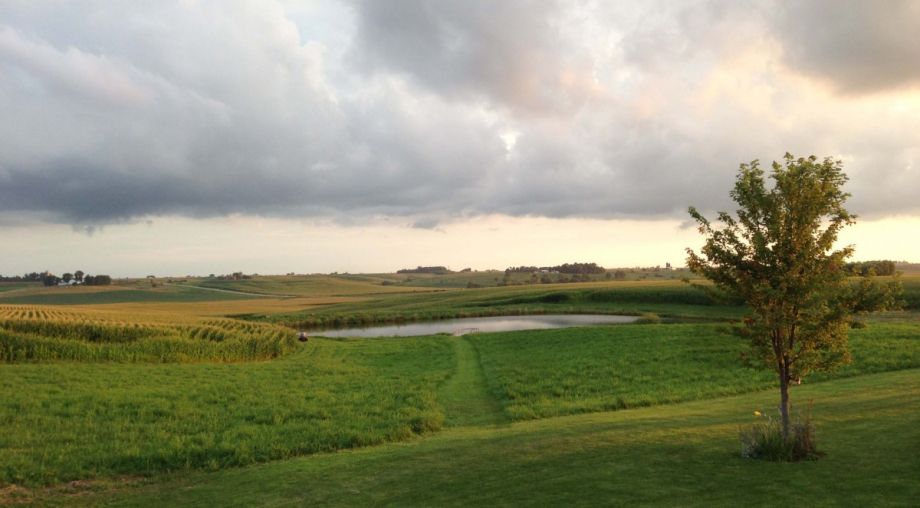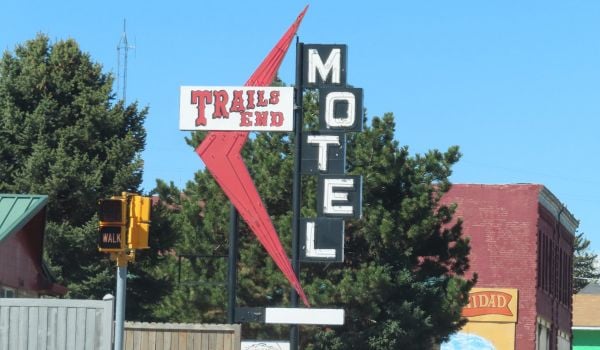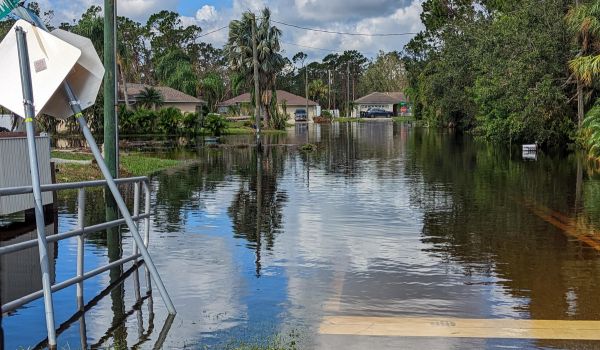When the Department of Transportation decided to decommission a bridge spanning a creek in rural farming country, they told a local farmer whose properties spanned both sides of the creek that he needed to find a new route to access his property. The farmer, who had been transporting agricultural equipment across the bridge for years, asked if instead he could pay for and perform bridge maintenance himself, or have ownership of the bridge transferred over to him and remove the state’s liability — any solution that would keep him from having to drive four miles out of his way, wasting time and fuel, to use the next nearest bridge. The state’s response was blunt: The farmer was not allowed to repair the bridge, changing ownership of the bridge was not possible and any further use of the bridge would be subject to fines.
We all want equitable solutions to the problems we face, but increasingly, urban and rural Americans are speaking different languages and operating within separate ideological silos. From the farmer’s point of view, it feels like the powers that be are unreasonable, incapable of equitable compromise, and, to make matters worse, they are adding thousands of dollars to the cost of business every year. We talk a lot about national security, but seem to miss urban-rural disparity as a matter of national stability. We are paying the price with societal discord, heightened political polarization and fiscal imbalance.
It wasn’t always like this.
To better understand the source of these challenges, it is helpful to understand the origins of rural culture. Rural philosophy has always placed a strong value on capability. Prior to the rise of city living, the ability to accomplish what must be done on one’s own, often in the face of significant adversity, was a basic necessity for survival. The fact that you may not (even today) have ready help after a destructive storm or devastating fire means you must be resourceful.
Another deeply rooted value that is still very much alive in rural culture is dependability. No matter how capable you may be, you will inevitably need help at some point, and you need to be able to trust your neighbors to follow through on their commitments and work toward common goals. Without that trust, you might end up in serious trouble.
The values of capability and dependability underpin other rural values such as practical “common sense” solutions, mutual respect, hard work and community support. Together these ideals define what it means to be a “good citizen” — an important ideology at the heart of the rural ethos.
If any of this sounds like the cultural backdrop to a nostalgic Norman Rockwell painting, I assure you it’s not. The rural citizens I know are not stuck in the past, but many are also not convinced that America is evolving in ways that are good for everyone. They have serious concerns about our national debt; cumbersome government programs and excessive policies; political gridlock and foggy transparency; decline in living wage jobs; how litigious we are as a society; and how compromise for the common good has become culturally synonymous with weakness.
Where do we go from here?
The first and most important step is ongoing dialog, a cross-sector exchange of ideas from government officials, business people and residents alike. This kind of genuine, honest, communication happened more organically prior to the 21st century, but today we need to be more intentional about it. We can’t rely solely on surveys and statistics.
Secondly, more urban and rural people need to attend (and better yet, participate in) cultural and civic events beyond their respective regions. Coming from an urban environment, a rural arts or community event can be a fun and endearing experience. Likewise, attending an urban civic festival is equally amazing from a rural perspective. Again, I’m talking about being intentional, about personal invitations and cross-fertilization that build knowledge and relationships, while deconstructing silos and misperceptions.
Lastly, urban and rural cultures have always been different. We can choose to find frustration or beauty in that truth. It’s not enough to build a bridge between silos when what we need is to meet on the ground between them. Only on common ground can urban and rural Americans learn effectively from each other and collaborate as a force of collective wisdom toward greater national success. The greatest potential for attaining the balance that America needs today is in rebuilding and strengthening our urban-rural relationship.

James Arentson is a registered architect and an Enterprise Rose Architectural Fellow with the Southwest Minnesota Housing Partnership based in Slayton, Minnesota. His current work focuses on affordable housing and community development across a 27-county rural region. James’ personal and professional background includes extensive experience in both urban and rural contexts.
















